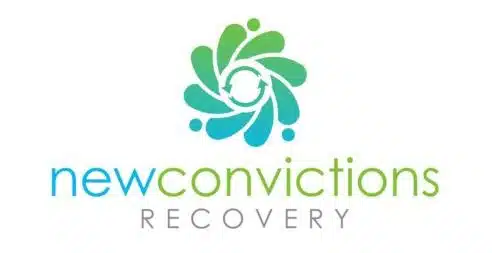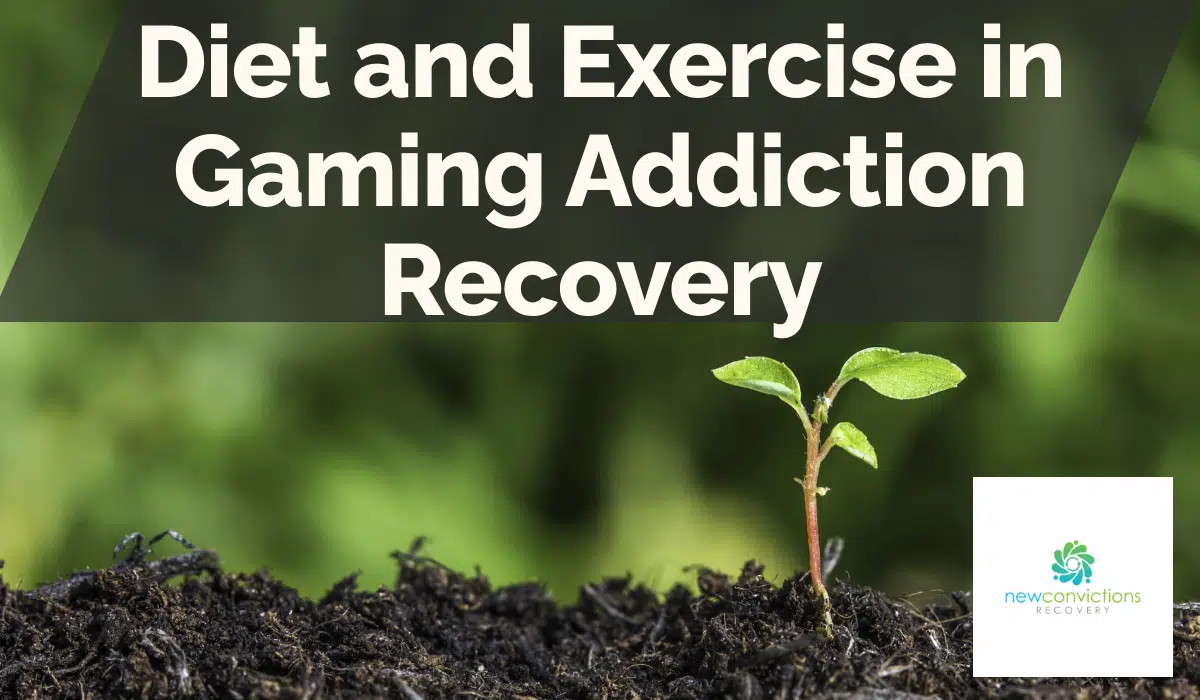Gaming addiction is a growing concern in our digital society. It presents severe social and physiological problems, notably affecting mental health and family dynamics. This article delves into the role of diet and exercise in aiding recovery from gaming addiction, and how individual and family therapy can supplement this.
The Relationship Between Gaming Addiction and Health
Gaming addiction can severely impact an individual’s health. The prolonged sedentary lifestyle often associated with excessive gaming can lead to obesity, heart disease, and poor mental health. These negative health impacts can also affect an individual’s ability to recover from their addiction. However, integrating healthy habits such as a nutritious diet and regular exercise can dramatically contribute to the recovery process.
The Importance of a Healthy Diet
Eating a balanced diet plays an integral role in addiction recovery, including gaming addiction. Nutrient-rich foods can boost brain function, increase energy levels, and improve overall wellbeing, thus enhancing a person’s ability to overcome addiction.
- Fruits and Vegetables: These provide vital vitamins and minerals, essential for brain health.
- Lean Proteins: Essential for repairing and building body tissue and boosting immune function.
- Complex Carbohydrates: These are the body’s primary energy source, important for maintaining energy levels.
- Healthy Fats: Critical for brain function and mood stabilization.
Adopting healthy eating habits can enhance a person’s mental and physical strength, laying a solid foundation during the journey to recovery.
Role of Exercise in Recovery
Physical exercise is an effective tool in gaming addiction recovery. Regular exercise releases endorphins – the body’s natural mood-enhancers, which can help combat the depression and anxiety often linked with addiction.
Furthermore, exercise can serve as a distraction, providing a healthy alternative to gaming. Engaging in team sports, yoga, running, or even just regular walks can provide a sense of achievement and improve self-esteem, both crucial in the recovery process.
Therapeutic Support in Recovery
Professional therapy is a key aspect of the recovery journey. Individual counseling can help addicts understand and address the root causes of their addiction. Therapists help individuals develop coping strategies and provide the essential emotional and psychological support necessary throughout the recovery process.
Family therapy is another powerful tool in overcoming gaming addiction. It helps families understand the nature of the addiction and equips them with ways to support their loved one throughout the recovery process.
Frequently Asked Questions
Can a healthy diet and exercise really aid in gaming addiction recovery?
Yes, a balanced diet and regular exercise can significantly aid in recovery by improving physical and mental health, boosting mood, increasing energy levels, and providing a positive distraction from gaming.
What role does therapy play in recovery from gaming addiction?
Therapy, both individual and family, plays a crucial role by addressing the underlying issues leading to addiction, providing emotional support, and equipping individuals and families with coping strategies.
Conclusion
The path to gaming addiction recovery is multifaceted, involving more than just abstinence from gaming. A healthy diet, regular exercise, individual counseling, and family therapy work together to create a holistic recovery plan. This multi-pronged approach enhances mental and physical wellbeing, provides emotional support, and paves the way towards healthier lifestyles post-addiction.

